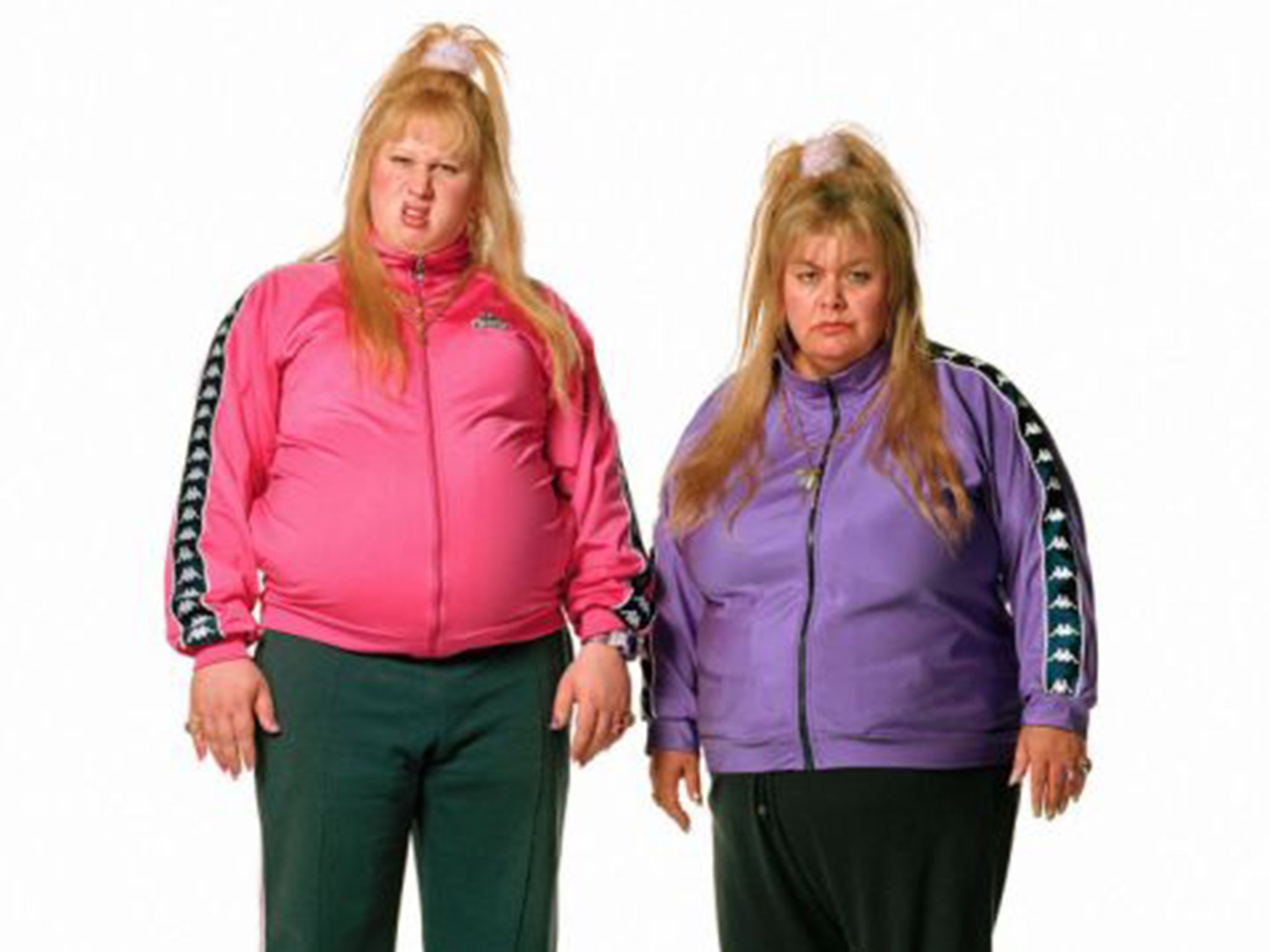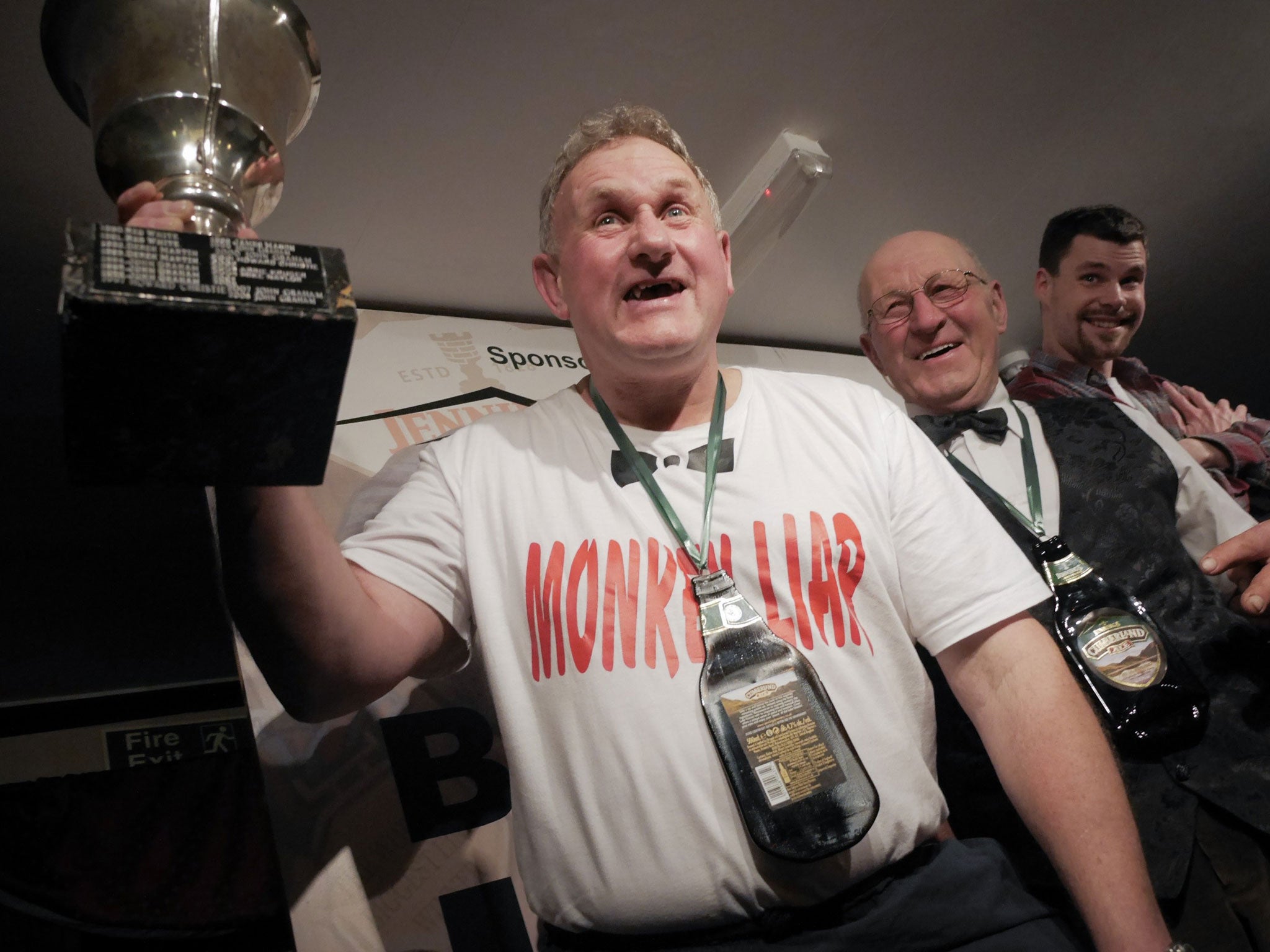The truth behind the biggest liars, adolescents
A study into age-related dishonesty reveals the true story, from Pinocchio to Pollard

Your support helps us to tell the story
From reproductive rights to climate change to Big Tech, The Independent is on the ground when the story is developing. Whether it's investigating the financials of Elon Musk's pro-Trump PAC or producing our latest documentary, 'The A Word', which shines a light on the American women fighting for reproductive rights, we know how important it is to parse out the facts from the messaging.
At such a critical moment in US history, we need reporters on the ground. Your donation allows us to keep sending journalists to speak to both sides of the story.
The Independent is trusted by Americans across the entire political spectrum. And unlike many other quality news outlets, we choose not to lock Americans out of our reporting and analysis with paywalls. We believe quality journalism should be available to everyone, paid for by those who can afford it.
Your support makes all the difference.When it comes to bending the truth, no one can match adolescents in terms of the frequency and proficiency with which they tell porkie pies, according to the first study into age-related dishonesty.
The study results, published in a paper entitled From Junior to Senior Pinocchio, will come as no surprise to parents accustomed to hearing their offspring mutter traditional teen fibs such as “everyone else is doing it”; “I haven’t got any homework”; or “I’m spending the night with a friend”.
Not only did the study of more than 1,000 people aged six to 77 confirm that peak dishonesty occurs in adolescence, it found that young children and pensioners are the most honest people in society. That’s because the frequency with which we lie and our ability to get away with it both increase to young adulthood then decline with age, possibly because of changes that occur in the brain.
“Our research shows that young adults are, overall, the best liars,’’ say the researchers, whose study is published in the journal Acta Psychologica. “Lying frequency increased during childhood, peaked in adolescent years, and then decreased into old age, to the point where seniors lie with similar frequency to the youngest children.

“We also found that lying proficiency improved during childhood, excelled in young adulthood, and worsened throughout adulthood. Our findings suggest that whereas the lies of older people would be relatively easy to catch, young adults would be more successful in getting away with their lies.’’
The psychologists say that, given the mental demands involved being deceitful, it is striking that no research has previously compared lying proficiency and frequency across the lifespan. They point out that most crimes are committed by adolescents and young adults, so “our findings concur” with the idea that more stringent tests are required when law enforcement agencies try to detect “deception” among young people.
The study, by researchers at the universities of Ghent, Vanderbilt, Amsterdam, and Maastricht, involved 1,005 people who completed a number of psychological tests and were quizzed about how often they played fast and loose with the truth.
Results show that, overall, we tell 2.19 lies a day, with wide age variations. Around 75 per cent of adolescents lie, with an average of nearly three lies a day, but with 60 per cent telling up to five porkies daily.
In comparison, only 37 per cent of very young children told lies, averaging 1.7 a day, while 63 per cent of young adults lied daily, averaging 1.9 deceits a day.

Fifty per cent of middle-aged people lied, but the lowest rates were found in people aged 60 and older. So-called seniors had the lowest daily lie rate – 1.5 – and 55 per cent told no lies at all.
Just why there should be such big age differences is not clear, but there are a number of theories.
Lying “considerably challenges our cognitive abilities” and is more mentally demanding than telling the truth, say the researchers. One theory is that age-related changes in the frontal lobe, a brain region that is among the first to deteriorate during ageing, may lead to reduced lying skills.
So-called executive control, an umbrella term for the management of cognitive processes including working memory, reasoning and problem solving, is also a key part of lying and increases across childhood, peaks in late adolescence and then declines.
Another theory is that the telling of lies peaks in adolescence as a by-product of the teenage urge to break free from their parents.
Join our commenting forum
Join thought-provoking conversations, follow other Independent readers and see their replies
Comments